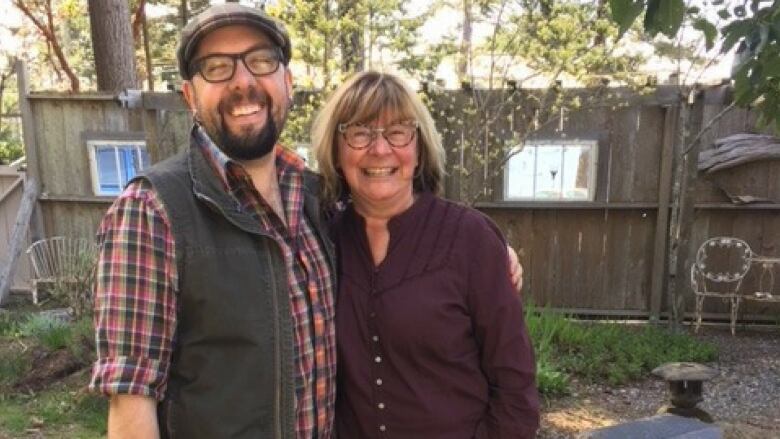Daniel Heath Justice answers the question at the centre of Why Indigenous Literatures Matter

Cherokee writer Daniel Heath Justice has studied and taught in the field of Indigenous literatures and cultures for many years — it matters to him. But it wasn't until a student asked him to write a blog post answering exactly why Indigenous literature matters that he had his epiphany. He realized that, in all his work, he had never written a direct response to that question. Well, now he has. Why Indigenous Literatures Matter is his personal and considered look at why experiencing the works of Indigenous writers can be provocative, transformative and just sheer pleasurable.
A literature that history displaced
"'Literatures' are any of the inscribed or embodied forms in which our storytelling and expressions of humanity take place. I think of it as a very inclusive category. I think we can look at a wide range of expressive arts as literary to some degree. Carvings, various sorts of belts, paintings — an endless array of material forms in which we communicate who we are as people. It doesn't escape scrutiny that our literatures and various literary forms have always been under assault. The classic example is Spanish missionaries in Mesoamerica who destroyed entire Mayan libraries — thousands of books and codices — with the intention of destroying the texturalized memory of the people. To understand these works, you have to understand this deeply politicized history."

The roots of colonialism
"Indigenous people have always been writing and telling stories — non-indigenous people have not always been listening. There have been Indigenous writers writing in English since early on in English colonization. When we talk about colonization or colonialism, it can be abstract for some; but when we talk about settlers, we're talking about the particular violences in that history. Settler colonialism is when people come in, extract and exploit resources but stay and remake the lands that are there in their own image, displacing the peoples who have called that place home before that. When we illuminate that history, we can make a particular kind of space to be heard on their own terms. But I want to be really clear that I don't think Indigenous writing is just a reactive mode — settler colonialism is not determining what Indigenous people are writing about, but it certainly provides one context for some of the struggles, concerns and responses."
The big question
"Why Indigenous Literatures Matter is structured to be more of an exploration rather than a firm statement. One of the foundational problems for Indigenous peoples is that we are always trying to remind people and ourselves of the rich, complex histories and bodies of knowledge and art that are our inheritance. A lot of the work that many of us are committed to is uncovering that and bringing it forward. We matter as human beings, as vibrant cultures, as complicated cultures — we matter, so our stories do too."
Daniel Heath Justice's comments have been edited and condensed.